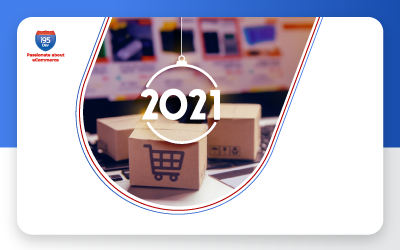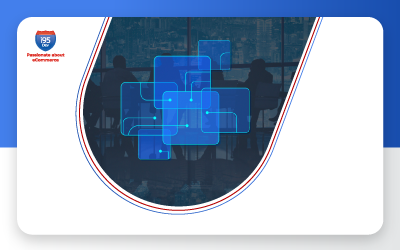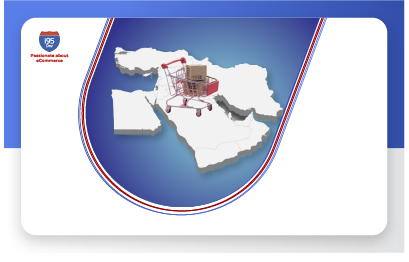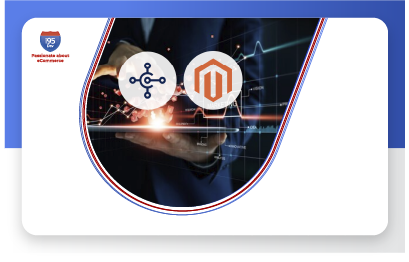January 8, 2016
Magento 2.0 – Features for Fast and
Flexible Development, QA, and Deployment
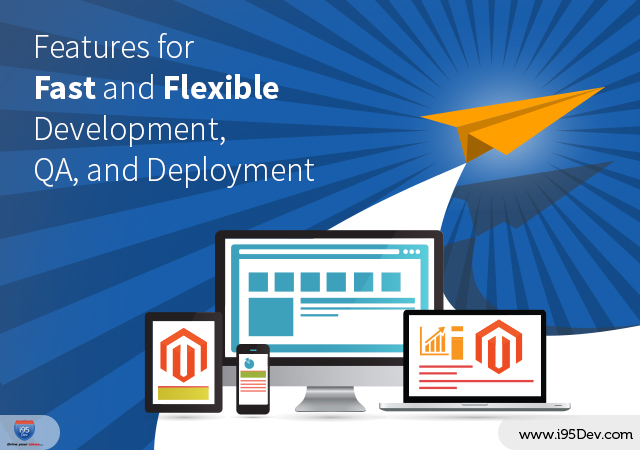
In our last blog, we looked at the new modern technology stack supported in Magento 2.0 and how it impacts the merchants, developers, partners, and end customers. In this blog, we will look at the changes that enable Magento 2.0 users to accelerate the development, QA and deployment cycles while giving them additional flexibility to customize the platform to their unique requirements.
Fast, Flexible Development, QA, and Deployment
The Change
- Faster Development and Customization
- Modular Code – Magento 2.0 code is far more modular which will open up a whole new set of opportunities for developers and partners. It not only makes development easier but also enables partners and developers to customize parts of the application without worrying about impacting other parts
- Customizations – Magento 2.0 has introduced the following three was to more efficiently make customizations – Service Contracts, Plugins, and Dependency Injection.
- Service Contracts – These are PHP interfaces between presentation layers and domain layer. Service contracts make way for smoother upgrades.
- Plugins – Plugin code wraps an existing method to change its behavior. They help in reducing conflicts caused because of multiple extensions calling the same class.
- Dependency Injection – It allows you to replace code under the service layer. In other words, it allows you to inject code either before, during or after an event.
- Easier Integrations
- Magento 2.0 also brings in significant upgrades to APIs to increase coverage and performance while making them more robust and reliable. While SOAP and REST APIs are still supported in Magento 2.0, new integration style APIs are introduced to reduce the number of API calls made (down to 1 from 3-4 calls earlier).
- Rapid QA Cycles with Automated Test Framework
- This is one of the major changes brought in Magento 2.0. The framework has test cases built in across unit, integration, performance, legacy, functional, etc. to help partners/ developers test code in quickest possible manner. The framework is also extensible to enable partners/ developers extend it to include any other custom functionality.
- Quicker Deployment with Standalone Installer
What this means for Merchants
- Faster Development and Customization
- Modular Code – The modular code of Magento 2.0 will lead to significant improvement in development and upgrade time for merchants. In other words, it only reduces the complexity of such operations but also drastically improve the time to market.
- Service Contracts – Because of easier upgrades in case of projects customized using service contracts merchants will save time and money when upgrading their eCommerce store to the latest version of Magento. Merchants will also no longer have to postpone customizations waiting for upgrades to their eCommerce store.
- Plugins – In Magento 1.x one of the major challenges encountered by merchants included conflicts caused between extensions from different vendors. In the case of a conflict, merchants had two options 1) disable one of the extensions because neither vendor would take responsibility to resolve the conflict, or 2) pay one of the vendors heavily to resolve the conflict. With Magento 2.0, the extensions developed using this method will have fewer conflicts and less headache for them.
- Dependency Injection – Dependency injection will reduce the complexity associated with some customizations like replace the class that does tax calculation with one that makes calls to Avalara thereby reducing the costs associated with such customizations and improving the time to market.
- Easier Integration – The improved performance of integration style APIs will also lead to improved performance of the eCommerce store. For example, in Magento 1.x a number of customers encountered situations where multiple requests from third party systems timed out because of delay in responses. This while improving performance will also increase the reliability of integration.
- Rapid QA Cycles with Automated Test Framework – In Magento 1.x QA accounted for a sizeable portion of the overall development effort. The automated test framework will not only lead to higher quality code but will also improve the time to market for merchants.
What this means for Developers and Partners
- Faster Development and Customization
- Modular Code – The modular code will make development easier for developers and partners. The time which was spent earlier in identifying the impact of their custom code or extension on other parts of the application can now be more effectively used to arrive at a more comprehensive solution. This will also give them the confidence to try out new things which were earlier discarded because of the complexity associated with it.
- Service Contracts – Service contracts ensure smoother upgrades – for projects where customizations are carried out using service contracts, upgrading to the future versions of Magento 2.0 is much easier. This ensures that developers and partners can carry out customizations without worrying about the possible rework during upgrades. This will also ensure faster and efficient upgrades.
- Plugins – In Magento 2.0, plugins will not only make development easier but also save developers/ partners from those innumerable requests they receive from customers (merchants who have purchased their extension) to resolve conflicts improving customer satisfaction; which was becoming increasingly difficult for developers to manage because of the availability of so many extensions in the marketplace.
- Dependency Injections – This will simplify the development, making it easier for developers and partners to meet customer requirements.
- Easier Integration – the new improved APIs will make it easier for developers/ partners to integrate new systems with Magento.
- Rapid QA Cycles with Automated Test Framework will help developers and partners write and test code in quickest possible manner. While improving code quality, this will also reduce the development time by helping them identify issues early in the cycle. This will also help developers and partners leverage their learning from past projects and apply them to all future projects.
- Quicker Deployment with Standalone Installer – While reducing the setup time required in Magento 1.x earlier this also opens up additional automation opportunities for partners.
What this means for End Customers
- The merchants, developers, and partners stand to benefit the most from all the above advancements. But, end customers will also benefit from in the form of a fast and secure eCommerce store stacked with new features and improved shopping experience.
- Given the flexibility and options, Merchants can now experiment, develop, and deploy new features and integrations quickly; which earlier were either too complex to build or even if they existed, too complex to use.
Stay tuned for our next blog!!
Recent Blogs
Subscribe to our blogs










